In the tropical paradise of Jamaica, amidst crystal-clear waters and vibrant landscapes, grows a fruit that appeals to both locals and tourists alike: sugar apple. Known for its unique taste and numerous health benefits, sugar apple, or “sweet sop” as it is often called, has maintained a steadfast presence in the island’s culinary tradition. In this article, we will delve into the various aspects of sugar apple, discussing its origins, nutritional value, uses in traditional Jamaican cuisine, and its potential in the global market.
.
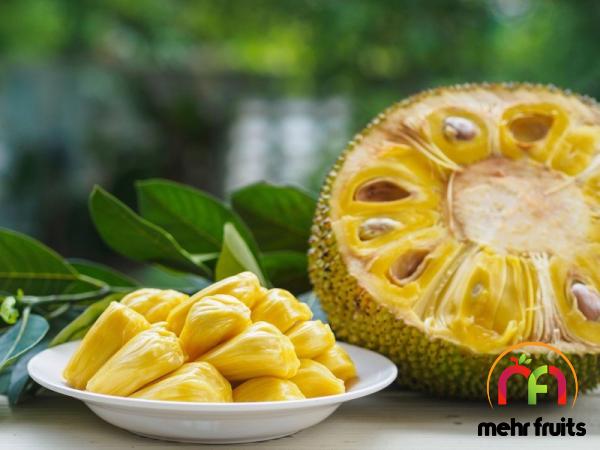 1. A Brief Overview: Sugar apple, scientifically known as Annona squamosa, belongs to the Annonaceae family. It is a tropical fruit that thrives in warm climates, making Jamaica’s diverse topography and mild climate ideal for its cultivation. The fruit features an irregular, rounded shape with a scaly green skin intertwined with small protrusions—this unique appearance sets it apart from other fruits. 2. Rich in Nutrients and Health Benefits: Sugar apple is not only renowned for its delicious taste but also for its impressive nutritional profile. Packed with dietary fiber, vitamins C and B6, potassium, magnesium, and antioxidants, sugar apple is considered a powerhouse of nutrients. The fruit’s high fiber content aids digestion, while its antioxidants protect against cellular damage caused by free radicals. Additionally, potassium aids in regulating blood pressure, and vitamin C boosts immunity.
1. A Brief Overview: Sugar apple, scientifically known as Annona squamosa, belongs to the Annonaceae family. It is a tropical fruit that thrives in warm climates, making Jamaica’s diverse topography and mild climate ideal for its cultivation. The fruit features an irregular, rounded shape with a scaly green skin intertwined with small protrusions—this unique appearance sets it apart from other fruits. 2. Rich in Nutrients and Health Benefits: Sugar apple is not only renowned for its delicious taste but also for its impressive nutritional profile. Packed with dietary fiber, vitamins C and B6, potassium, magnesium, and antioxidants, sugar apple is considered a powerhouse of nutrients. The fruit’s high fiber content aids digestion, while its antioxidants protect against cellular damage caused by free radicals. Additionally, potassium aids in regulating blood pressure, and vitamin C boosts immunity.
..
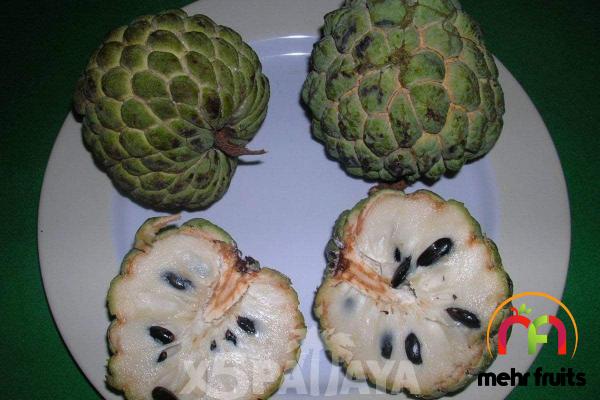 3. Traditional Jamaican Cuisine: Sugar apple holds a significant place in Jamaican cooking traditions. The fruit is commonly used in desserts, beverages, and condiments due to its delicate flavor and creamy texture. It is a popular ingredient in creamy Jamaican fruit salads, ice creams, smoothies, and punches. In traditional Jamaican cooking, sugar apple is blended with coconut milk and spices to create a refreshing and decadent beverage known as “soursop juice.” 4. Increasing Global Demand: The exceptional taste and nutritional value of sugar apple have sparked interest beyond Jamaica’s shores. The fruit’s unique flavor profile has attracted attention in the international market, driving increased demand. Exporting sugar apple and its by-products, such as frozen pulp and juice concentrates, present a compelling opportunity for Jamaica to diversify its agricultural economy and expand its reach in the global fruit trade.
3. Traditional Jamaican Cuisine: Sugar apple holds a significant place in Jamaican cooking traditions. The fruit is commonly used in desserts, beverages, and condiments due to its delicate flavor and creamy texture. It is a popular ingredient in creamy Jamaican fruit salads, ice creams, smoothies, and punches. In traditional Jamaican cooking, sugar apple is blended with coconut milk and spices to create a refreshing and decadent beverage known as “soursop juice.” 4. Increasing Global Demand: The exceptional taste and nutritional value of sugar apple have sparked interest beyond Jamaica’s shores. The fruit’s unique flavor profile has attracted attention in the international market, driving increased demand. Exporting sugar apple and its by-products, such as frozen pulp and juice concentrates, present a compelling opportunity for Jamaica to diversify its agricultural economy and expand its reach in the global fruit trade.
…
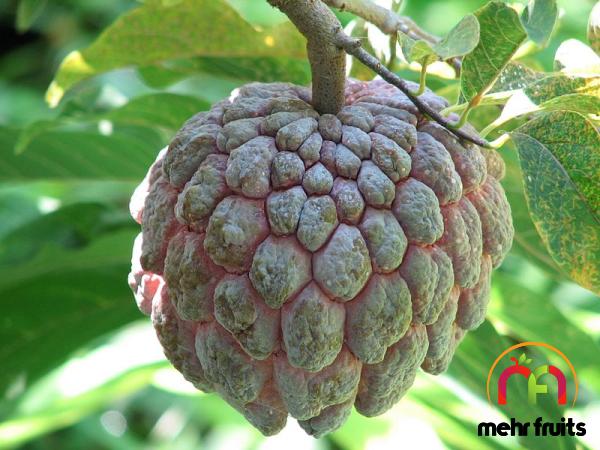 5. Sustainability and Economic Implications: Growing sugar apple can provide economic and social benefits to local farmers in Jamaica. The fruit’s cultivation requires minimal chemical pesticides or fertilizers, making it an environmentally friendly crop. By promoting sustainable farming practices and investing in sugar apple production, Jamaica can encourage economic growth while preserving its natural resources. Conclusion: As sugar apple gains popularity worldwide, its potential as a viable crop for both domestic consumption and international exportation becomes evident. The fruit’s unique taste, nutritional benefits, and versatility in traditional Jamaican cuisine make it a delightful addition to culinary experiences. Moving forward, it is essential to continue supporting farmers and promoting sustainable practices to maintain the quality and availability of this prized fruit, ensuring its place in both local markets and the larger global landscape.
5. Sustainability and Economic Implications: Growing sugar apple can provide economic and social benefits to local farmers in Jamaica. The fruit’s cultivation requires minimal chemical pesticides or fertilizers, making it an environmentally friendly crop. By promoting sustainable farming practices and investing in sugar apple production, Jamaica can encourage economic growth while preserving its natural resources. Conclusion: As sugar apple gains popularity worldwide, its potential as a viable crop for both domestic consumption and international exportation becomes evident. The fruit’s unique taste, nutritional benefits, and versatility in traditional Jamaican cuisine make it a delightful addition to culinary experiences. Moving forward, it is essential to continue supporting farmers and promoting sustainable practices to maintain the quality and availability of this prized fruit, ensuring its place in both local markets and the larger global landscape.
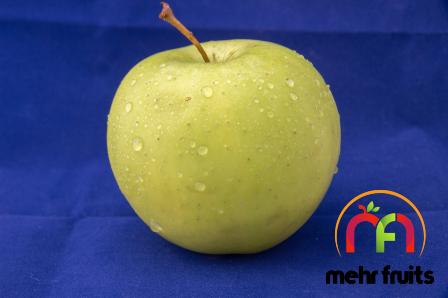


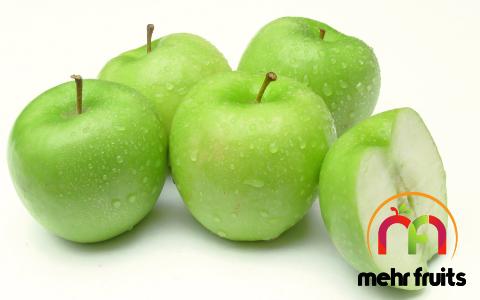
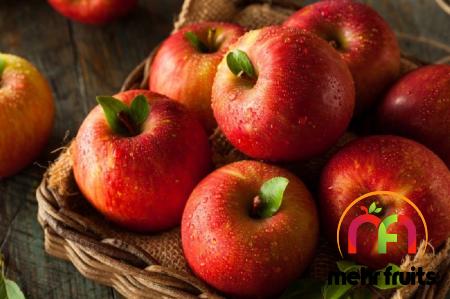
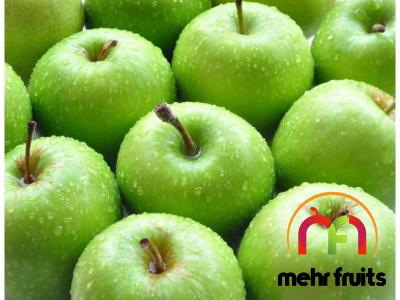
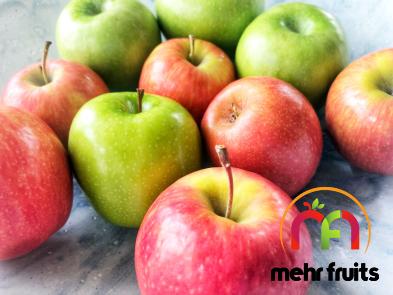
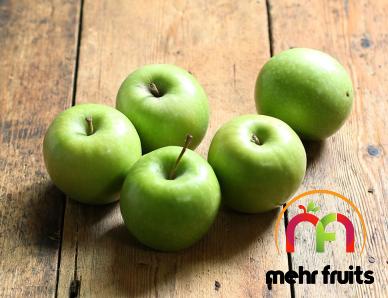
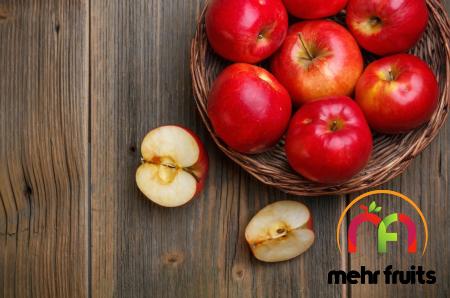
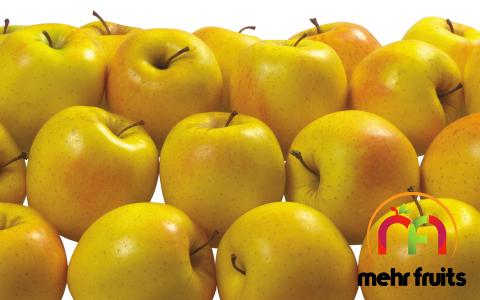
Your comment submitted.